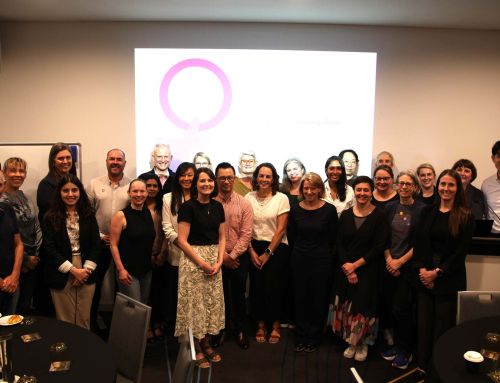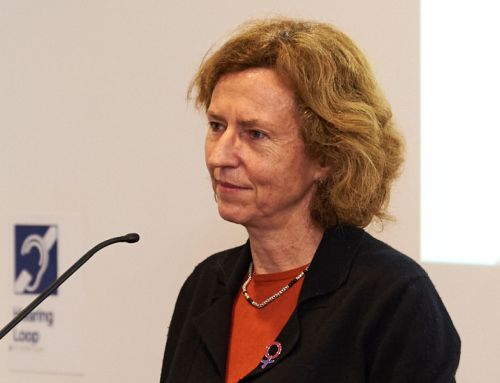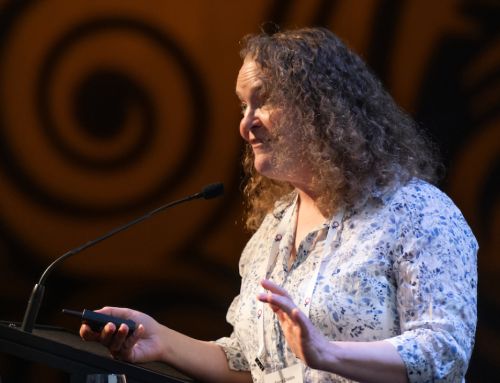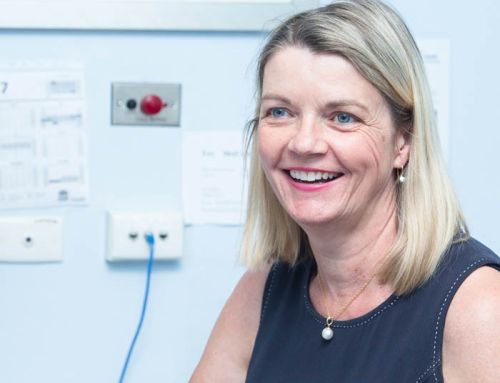SOLACE2 is a phase II national clinical trial investigating whether immunological priming could improve the subsequent response to immunotherapy in women with the most common type of ovarian cancer (high-grade serous) at the first sign of relapse.

Professor Clare Scott, Head of the Ovarian Cancer Laboratory at the Walter and Eliza Hall Institute and ANZGOG Board member
The SOLACE2 Study Chair, clinician scientist Professor Clare Scott, Head of the Ovarian Cancer Laboratory at the Walter and Eliza Hall Institute and ANZGOG Board member, considers it a “really important advance to be able to offer this trial to patients” as these asymptomatic women would otherwise only be observed until their disease progresses. In addition to studying immune therapy, every woman on this trial, receives treatment with a PARP inhibitor, an exciting new treatment for ovarian cancer.
Conducted by ANZGOG in collaboration with the NHMRC Clinical Trials Centre, University of Sydney, SOLACE2 is approaching its 75% recruitment milestone of the planned 114 participants.
To reach this important milestone, the SOLACE2 clinical trial team would like to acknowledge the ongoing support of clinicians, site coordinators and operational staff; crucial for the success of this special trial. The team hopes SOLACE2 will significantly benefit the women participating and lead to improved outcomes for women affected by ovarian cancer on a greater scale.
The team are particularly grateful to the women who have generously volunteered to participate in SOLACE2, and for their commitment to this unique and important trial. SOLACE2 has a strong translational research component, being led by world-class laboratory researchers at Melbourne’s RMIT University and the Walter and Eliza Hall Institute of Medical Research. Translational research describes the process where scientific discoveries in the laboratory translate into improved practice in the clinic.
Professor Magdalena Plebanski, SOLACE2 Translational Study Chair, and her scientific team, in collaboration with Professor Scott’s laboratory, have always prioritized the safety of patients and the quality of the research, overcoming the challenges posed by the COVID-19 pandemic, particularly given the laboratories’ location in Melbourne, to process the precious biospecimens collected in SOLACE2.
As Professor Scott stated:
“These bloods are the total life force for determining why some people respond better than others and whether we can improve the immune attack on the cancer for those who respond less well.”
A recent Protocol amendment has been granted Human Research Ethics Committee approval, broadening eligibility criteria related to CA125 results.
SOLACE2 is recruiting across 15 sites in NSW, VIC, QLD, SA and TAS. For any potential referrals or for further information we encourage clinicians to please contact NHMRC CTC via solace2@ctc.usyd.edu.au.
If you are interested in participating, please speak with your treating oncologist.











